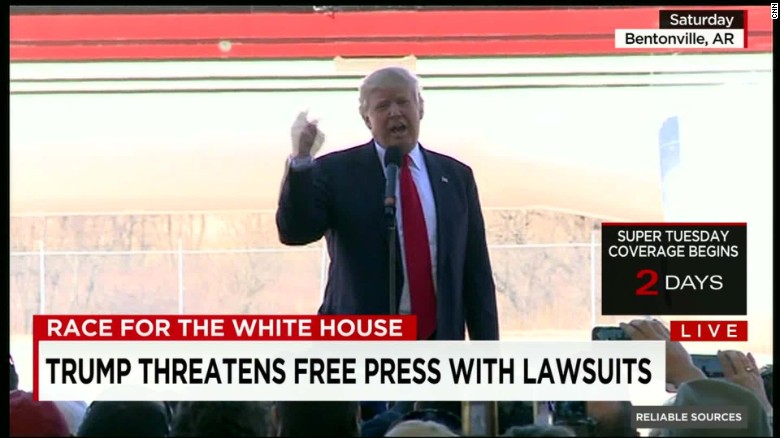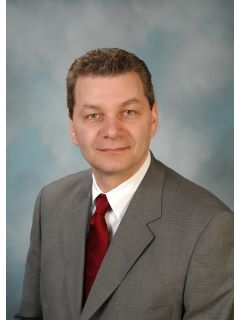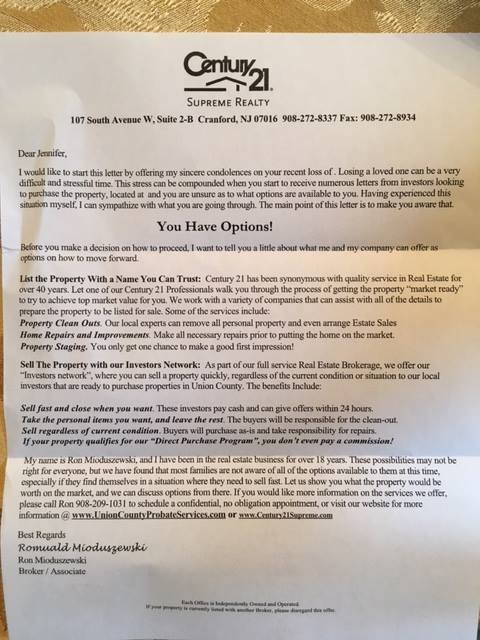 Can Donald Trump be presidential? My feeling, based on his past conduct, is no. So this post is about how Trump can win (some) people over who despise him and believe he is completely irredeemable as a human, let alone as a leader. And profit while doing so.
Can Donald Trump be presidential? My feeling, based on his past conduct, is no. So this post is about how Trump can win (some) people over who despise him and believe he is completely irredeemable as a human, let alone as a leader. And profit while doing so.
It starts with the Supreme Court.
As I type, there are protests in the streets. Worse than displaying racism, misogyny, nastiness and hatred, he has displayed complete incompetence on matters of public policy, both foreign and domestic. You have heard them all by now so there’s no reason to repeat them.
So how does someone be presidential in such a circumstance? And I don’t mean act presidential, but actually be it?
It starts by taking the Supreme Court off the table when it comes to partisan politics. It is a shame that we as a nation have allowed ourselves to sink to this level, where every nomination becomes a blood-letting and Americans have begun to lose faith in our courts as an institution.
The issue, as the stalled Merrick Garland nomination has shown, has nothing all to do with the qualifications of the person. It only has to do with “the other side” having made the nomination.
Remember, as I write, that Antonin Scalia was approved by the Senate by a vote of 98-0, and Ruth Bader Ginsburg by a vote of 96-3. So it wasn’t always this way.
Here’s the thing — both supporters and detractors will ultimately benefit from both of these ideas.
The first is for Trump to recognize that if Republicans can hold up the Garland nomination, then Democrats can do that to any of his. What goes around comes around. Karma, and all that crap. Screaming hypocrisy at Washington, D.C. will only result in people shrugging, “So what else is new?”
Having recognized that his own nominations can be torpedoed (as well as anything else he proposes), acting presidential entails telling Republican senators that held up Garland that Americans are sick and tired of stupid political games, that he has come to Washington to actually get stuff done, and therefore re-nominates him.
Since Trump fashions himself as a maverick willing to dump on Republicans if need be, and since this will also make any future nominations sail far more easily through the Senate, it would not only be savvy, but presidential. It would be a giant step toward taking the ugliness of what we have seen, both in Washington and during the campaign, and stopping it dead in its tracks.
I have zero expectation, of course, that Trump is capable of doing this. But if he did, it would force people to take a second look and make folks wonder if the office of the president is capable of changing him.
The second way to take the Supreme Court off the table is by advocating term limits on the court. The reality is that we now live much longer on average than we did 100 years ago, and judges with lifetime appointments can be expected to sit for longer. That means each seat becomes more valuable, and more bitterly contested. Along with that, presidents now try to pick younger, and therefore less experienced judges, to sit longer.
But if the judges were term-limited, this dilutes the power of any one particular seat,and minimizes the political significance of any one appointment. At the end of judges SCOTUS terms, they would still be judges, but they would simply go down to Courts of Appeals or District Courts of their choosing.
There are already various formulations for this floating around — I make no claim to originality here. And it has support on both sides of the aisle.
On the legal side, Article III states that “the judges, both of the supreme and inferior courts, shall hold their offices during good behavior.” There is nothing in there that says a previously approved trial or appellate judge can’t take a temporary appointment to the top court. They would still be judges. And even if my simply formulation wouldn’t pass muster, we could still amend the constitution to take care of it.
You know what people would call such a move? Presidential.
Can Trump do such things? Unlikely. Would he force people who utterly despise him to reevaluate him? Yes.
Would his presidency, and his ability to get other stuff done, be enhanced by acting this way? You bet.
————
Elsewhere:
The New Nine: Make The Supreme Court Legitimate Again (Simple Justice)
Why Donald Trump Must Nominate Ted Cruz To The Supreme Court (Joe Patrice, Above the Law)






